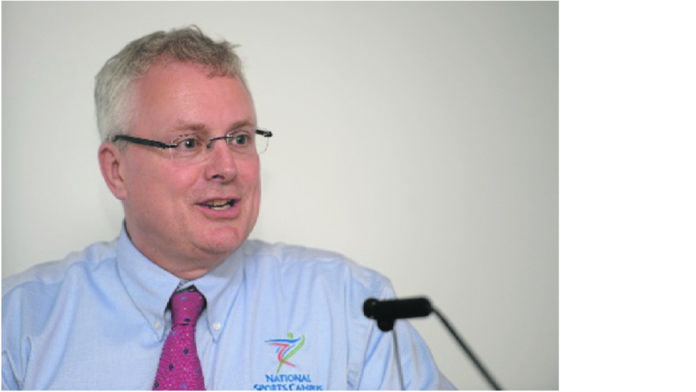
A €200 million plan to develop the Cleeves campus by Limerick Twenty Thirty, the property development arm of the local authority, has the potential to attract 500,000 tourists a year to the city.
Rivalling Belfast’s Titanic Quarter, the development on the northern bank of the River Shannon could bring up to 3,000 jobs for the city as plans include residential, commercial, retail and educational assets within the five-year timeframe of the campus development.
Redeveloping the site of the former toffee factory is a “major statement for the city”, Limerick Twenty Thirty chief executive David Conway told The Sunday Business Post.
Outlining that the plan looks to develop “prime land with river frontage, Mr Conway said that “we want to see something iconic there that shows the new Limerick”.
He explained that the Cleeves campus development would be linked to the area’s history.
“This has to be something different that people will want to travel to, be it school groups, the elderly or overseas visitors.”
Limerick Twenty Thirty aims to develop five sites as part of its remit as a special purpose vehicle of Limerick City and County Council.
With Troy Studios operational and more than half of the office space let at Gardens International, the Opera site and a residential development at Mungret College make up the Limerick Twenty Thirty portfolio.
Regional aircraft leasing firm Nordic Aviation Capital has taken up half the space available at Gardens International which will be open in January but it is the interest from companies looking for post-Brexit location solutions that has been positive for Limerick.
“The standard we have built to will attract a certain type of client”, Mr Conway said adding that they want “quality tenants who will create quality jobs”.
Mungret’s residential development will aim to house those using the office and commercial spaces of Gardens International and the Opera site.
Mr Conway said that approval for its masterplan will be sought in 2019.
While no acquisitions are being sought by Limerick Twenty Thirty, Mr Conway said that if a site came up “we would look at it”.
“We were set up because no developers were coming into the city and somebody had to take that role on,” but ultimately he would like to “do myself out of a job and get developers back into the city”.









